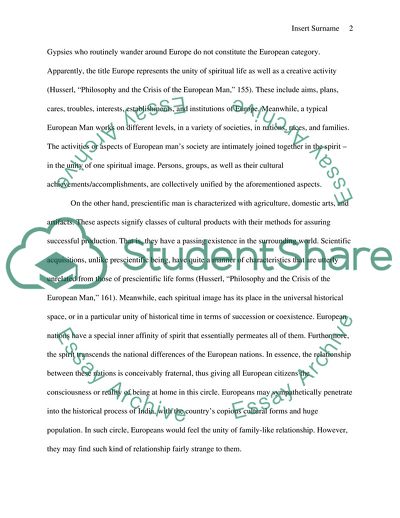Cite this document
(Husserl and Heidegger Philosophy Assignment Example | Topics and Well Written Essays - 2500 words, n.d.)
Husserl and Heidegger Philosophy Assignment Example | Topics and Well Written Essays - 2500 words. https://studentshare.org/philosophy/1848758-final-topic-questions
Husserl and Heidegger Philosophy Assignment Example | Topics and Well Written Essays - 2500 words. https://studentshare.org/philosophy/1848758-final-topic-questions
(Husserl and Heidegger Philosophy Assignment Example | Topics and Well Written Essays - 2500 Words)
Husserl and Heidegger Philosophy Assignment Example | Topics and Well Written Essays - 2500 Words. https://studentshare.org/philosophy/1848758-final-topic-questions.
Husserl and Heidegger Philosophy Assignment Example | Topics and Well Written Essays - 2500 Words. https://studentshare.org/philosophy/1848758-final-topic-questions.
“Husserl and Heidegger Philosophy Assignment Example | Topics and Well Written Essays - 2500 Words”. https://studentshare.org/philosophy/1848758-final-topic-questions.


